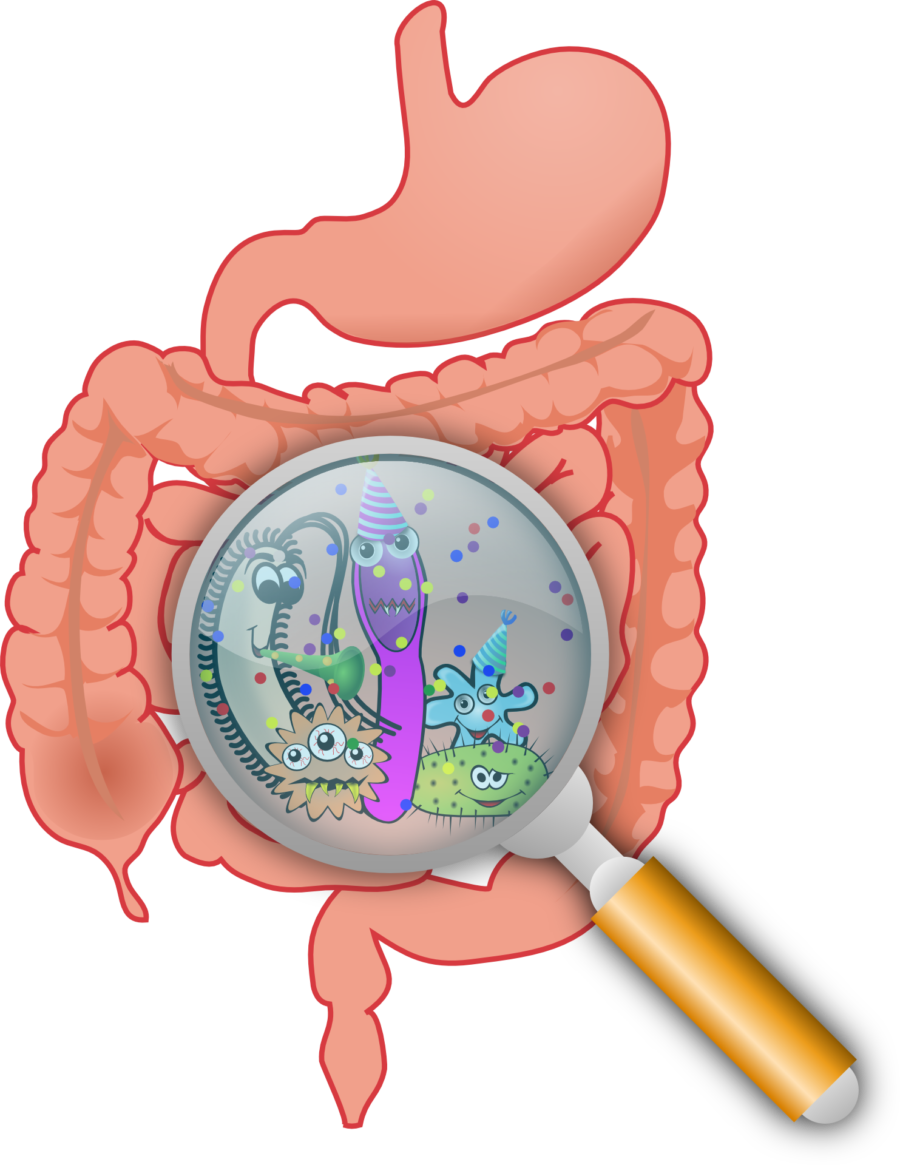Chronic Health Issues, Leaky Gut Syndrome and the #1 Cause
Could your chronic health issues be due to a leaky gut? A wide range of chronic health problems could be caused by or further stressed by Leaky Gut Syndrome such as eczema, asthma, food allergies, chronic sinusitis, recurrent infections, migraine, candida, fibromyalgia, some autoimmune (rheumatoid arthritis), depression, Celiac disease, chronic diarrhea or constipation, diverticulitis, hemorrhoids, Irritable Bowel Syndrome and more listed below. Continue reading to discover the #1 cause of Leaky Gut Syndrome.
Leaky Gut Syndrome is also known as Increased Intestinal Permeability. It’s a condition where the lining of the small intestine becomes irritated and inflamed. This irritated gut barrier allows contents of the gut to leach into the blood instead of being properly absorbed and passed to the liver. The liver is responsible for breaking down and detoxifying our food before it enters the blood stream to feed the rest of the body. The gut barrier functions to isolate gut contents from the rest of the body until it has been processed by the liver. A compromised gut barrier leaks contaminants into the blood such as toxins, metabolic waste, and pathogens including bacteria, viruses, parasites and fungus. Undigested foods can also be absorbed which can be the cause of most food allergies. The body initiates an immune response and tags this undigested food as an invader and creates antibodies to attack this invasion. This immune response creates inflammation in the gut further irritating the gut and hindering proper absorption of nutrients. Leaky Gut Syndrome can manifest into a cascade of events leading to a multitude of chronic complaints.
Various sources causing irritation to the gut lining could be from stress, bad bacteria overgrowth, candida, ingested toxins from foods containing additives and preservatives but the major irritant is antibiotics. Antibiotics can greatly change the gut biome and destroy much of the healthy gut bacteria. Studies are showing that antibiotics have a profound and rapid effect, with a loss of diversity and a shift in community composition1 of the gut flora.
The gut biome, a community of supportive bacteria, helps digest foods, eliminate toxins and synthesis important vitamins. Our gut is also responsible for about 80% of our immunity. As a first responder, the healthy gut flora acidifies the gut, promotes healthy bacterial growth and prevents colonization of pathogenic microbes and parasites. An unhealthy gut biome can strain and weaken our secondary immunity responders – a condition usually seen in patients who frequently struggle with chronic colds, flu, allergies and other chronic ailments. It’s important to be aware of unsuspected sources of antibiotics which have been found in non-organic animal products and the water supply. Some people take probiotics as a preventive measure after a round of antibiotics but this might not be effective enough? If the gut barrier is irritated this will need to be healed and any sources of irritation will need to be identified and eliminated.
Treatment can be challenging but better outcomes occur when we can identify and eliminate the source of irritation through testing and then develop a thorough treatment plan. Testing may include simple but effective saliva and stool samples to identify a variety of irritants including food allergies, inflammation in the small intestine, ratios of good and bad bacteria, fungus, pancreatic enzyme production, and immune response strength. Click here for more info on testing.
Any inflammation in the small intestine needs to be cleaned up first. All irritants must be eliminated as much as possible. All food allergies need to be fully identified and eliminated and only introduced back in after the gut barrier has properly healed to avoid reoccurring irritation. The most common food allergies are dairy, eggs, corn, soy, nuts and gluten in grains such as wheat, oats, and rye. It’s not typical to have allergies to meat, rice, millet, vegetables, or fruit. It’s also important to differentiate real “food allergies” from “food sensitivities”. A real food allergy causes a histamine release. Inflammation forms locally along the epithelial lining inside the small intestine. Food sensitivities may cause discomfort like bloating and heaviness, but damage to the lining is not typical. Sensitivities are caused by low stomach acid or poor pancreatic enzyme secretion. This is a weak digestive response that is unable to break down what you ate. You may be sensitive to a particular food at one meal but have no symptoms with the same food at a different meal time.
Through stress and an overload of toxins being dumped into the body, the liver becomes congested and needs to be treated and cleared to improve functional flow. In Traditional Chinese Medicine this congestion would be diagnosed as Liver Qi and Blood Stagnation and needs to be addressed. There are several excellent herbal formulas that have shown to be very effective in treating these related conditions. Acupuncture can also be very supportive especially when pain and stress are a part of the pattern of complaints.
There are other underlying conditions that may reveal themselves as treatment progresses. These conditions may need further treatment to realize a long term and greater level of health. It’s typical, for many chronic health issues, for the immune system and the adrenal glands to become exhausted. Chronic fatigue and chronic infections could be due to weak adrenals and immune function. Leaky gut can be a fundamental cause of Chronic Fatigue Syndrome and weak immunity in children. Strengthening, particularly with herbal formulas and supplements, is required to rebuild and restore.
Gut symptoms are not always seen with Leaky Gut Syndrome. Leaky gut can lead to a variety of health issue such as skin problems like eczema or psoriasis, asthma, food allergies, chronic sinusitis, recurrent infections, migraine, fungal disorders (candida), fibromyalgia, heart disease, autoimmune conditions affecting the thyroid (Hashimoto’s) or inflammatory joint disorders (rheumatoid arthritis), mental illness, anxiety, depression, Celiac disease, chronic diarrhea or constipation, diverticulitis, hemorrhoids, Irritable Bowel Syndrome, gastritis, anemia, PMS, uterine fibroids, and fibrocystic breasts.
Digestion is a major pillar in supporting health. Optimizing digestion can optimize health – plain and simple. Leaky Gut syndrome does appear to be a source for many chronic health problems particularly when inflammation is present. Any stressor that chips away at your health should be treated to optimize health.
If this article resonates with you then consider having a test to screen out Leaky Gut Syndrome. I find, in my clinical experience, that digestive problems are very common and an important place to start before chasing other symptoms and applying band-aid remedies that never get to the root of your health problems.
- Dethlefsen and Relman. PNAS|March 15, 2011|vol. 108|suppl. Incomplete recovery and individualized responses of the human distal gut microbiota to repeated antibiotic perturbation. Retrieved Aug 17, 2015, from









